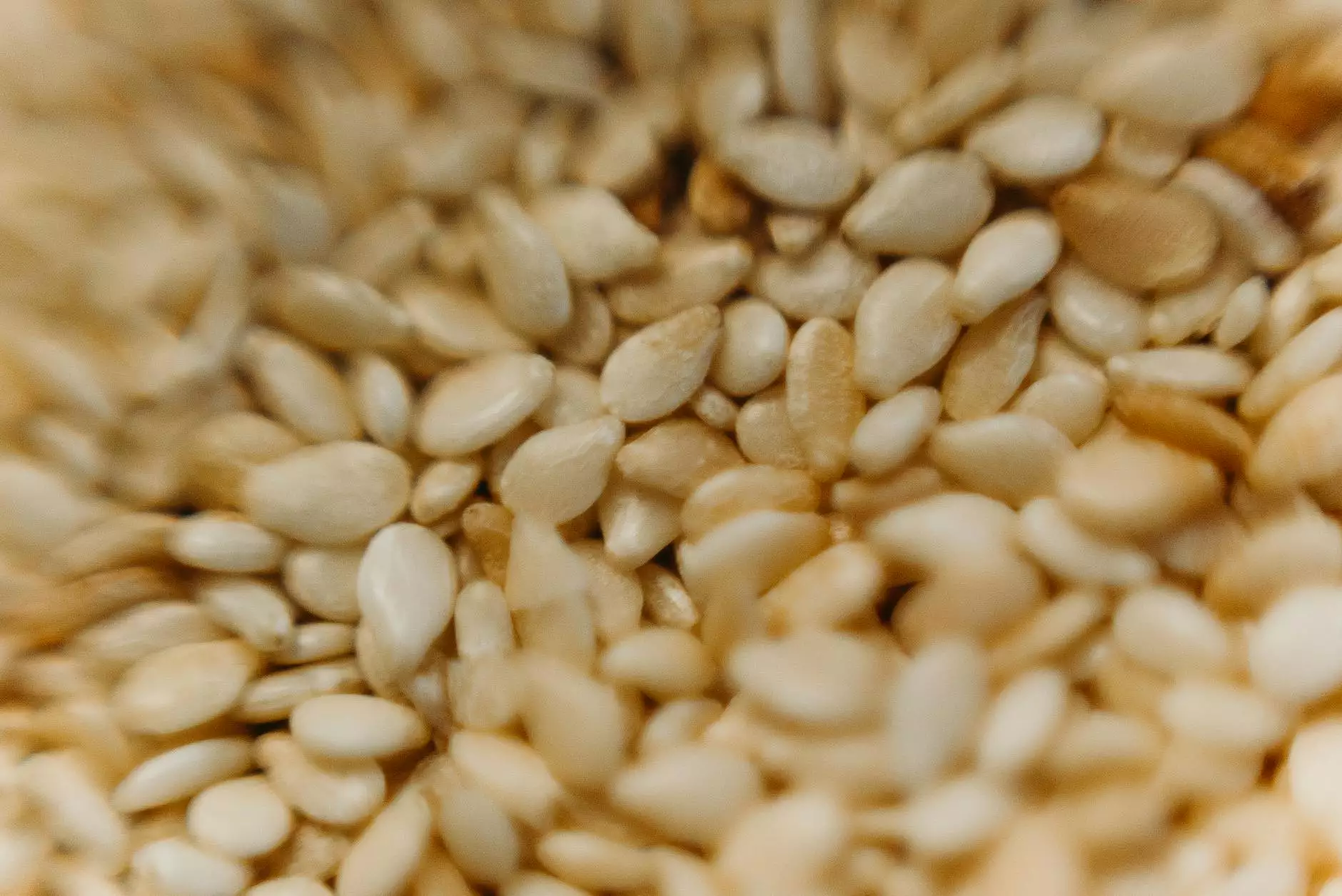The Role of Moisture Content in Cereal Grains for Farm Equipment Repair and Farming Equipment

In the realm of agriculture, the moisture content of cereal grains plays a crucial role in determining the quality, storage, and overall productivity of crops. Farmers and agricultural equipment repair specialists understand the significance of managing moisture levels effectively to ensure optimal performance of farming equipment and machinery.
Understanding Moisture Content in Cereal Grains
Moisture content refers to the amount of water contained within cereal grains such as wheat, corn, rice, and barley. This factor is a critical parameter that directly impacts the quality and storability of grains. Proper management of moisture content is essential for preventing spoilage, mold growth, and insect infestations, which can all lead to significant losses for farmers.
Importance for Farm Equipment Repair
For farm equipment repair specialists, being knowledgeable about the effects of moisture content on grains is essential for maintaining and repairing machinery. High moisture levels in grains can lead to increased wear and tear on equipment components, such as threshers, dryers, and storage bins. By understanding the ideal moisture content levels for different grains, repair technicians can recommend appropriate adjustments and maintenance procedures to prevent damage and ensure the longevity of farming equipment.
Optimizing Moisture Content for Farming Equipment
Properly managing moisture content not only benefits grain quality but also enhances the efficiency of farming equipment. Grain with the correct moisture content flows more smoothly through machinery, reducing the risk of clogs and breakdowns. Farmers can adjust drying techniques, storage conditions, and harvesting practices to maintain the ideal moisture levels, improving overall operational efficiency and reducing downtime for equipment repair.
Enhancing Productivity in Agriculture
By focusing on the moisture content of cereal grains, farmers can optimize crop production and quality. Ensuring grains are harvested and stored at the right moisture levels minimizes losses due to spoilage and maintains the nutritional value of the crop. This attention to detail not only benefits the bottom line of agricultural operations but also contributes to sustainable farming practices.
Conclusion
In conclusion, the moisture content of cereal grains is a critical factor that impacts both farm equipment repair and farming equipment performance. By understanding and managing moisture levels effectively, farmers and repair specialists can ensure the longevity of machinery, enhance operational efficiency, and improve overall productivity in agriculture. Visit tsgcinc.com for more information on farm equipment repair and farming equipment solutions tailored to managing moisture content in cereal grains.



